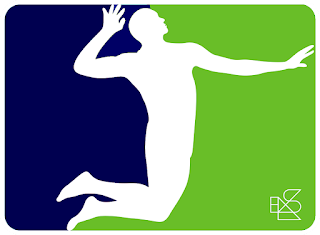10,000 Hours of What?
I've struggled with the 10,000 hour thing (mostly because it is seemingly so arbitrary and definite) but the older I get the more I say things like: "players just don't get 'good' until they are about 25".
The 'deliberate practice' clause has always been in Ericsson's work but it doesn't seem to get much press (until I saw this post on the Talent Code blog). The reality is that it is THE point. Its a lot harder to consistently practice 'deliberately' than it is to just spend 10,000 hours worth of training/activity. The ability to do THIS has to be the defining trait of the 'expert'.
The 'deliberate practice' clause has always been in Ericsson's work but it doesn't seem to get much press (until I saw this post on the Talent Code blog). The reality is that it is THE point. Its a lot harder to consistently practice 'deliberately' than it is to just spend 10,000 hours worth of training/activity. The ability to do THIS has to be the defining trait of the 'expert'.
Another question about the 10,000 theory is whether deliberate practice is binary (its not either deliberate of not, but has a range). Is 5 hours of 'very' deliberate practice more valuable than 10 hours of 'somewhat' deliberate practice? And if it is worth twice as much, then does that mean you need 5,000 hours, or does it mean that you need 20,000 hours of 'somewhat' deliberate practice?
So if 'deliberate practice' has a range, and the amount of time you can train is finite, then is the distinguishing factor between teams the 'talent' of the players, or the quality of the deliberate practice?



Comments
Post a Comment